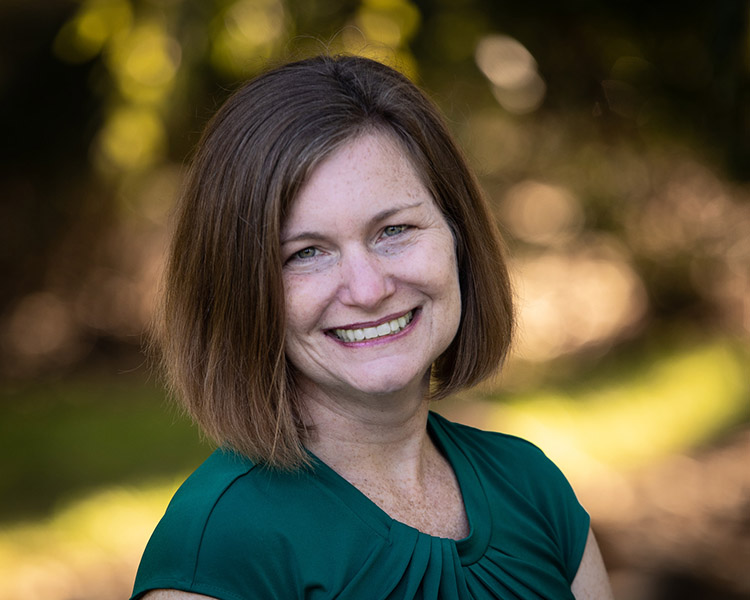
Brenda Blount
Getting a good grip on modern health policy is a lot like trying to get a good grip on smoke, feasible for a split second before it slips right through your fingers. It’s a field that requires those in it to be conscious of how ever-changing it is, especially amidst the uncertainties of today’s health world. Thankfully for ORAU, Brenda Blunt, senior director of health policy, change is part of the job.
Blunt is something of a Swiss Army knife within the organization. Her role requires her to work with Centers for Medicare and Medicaid Services, ORAU Government Services, ORAU-Directed Research and Development Projects and oversee business proposals amongst a litany of other responsibilities. On a large scale, Blunt provides the resources and tools needed by these agencies and teams to succeed to the best of their ability.
Blunt’s repertoire covers a lot of ground. She received an associate’s degree in secondary education and a bachelor’s in biology from Towson University, as well as one in nursing from Johns Hopkins University. She received her master’s in nursing leadership and management from Walden University, and a Doctorate of Health Administration from Capella.
“Healthcare has changed and is changing significantly and there are different pockets of ways that it changes. So for somebody like me, it’s important to stay up to date with what's going on, not only in the research space, but also in the health policy space.”
For an individual as qualified as Blunt, it’s no surprise that her responsibilities are some of the most crucial within her organization. In a healthcare world that’s constantly transforming, to the ability to adapt successfully is something Blunt considers a necessity to a position such as hers.
“Healthcare has changed and is changing significantly and there are different pockets of ways that it changes,” says Blunt, “So for somebody like me, it’s important to stay up to date with what's going on, not only in the research space, but also in the health policy space.”
One of the most pertinent conversations to be had in today’s healthcare landscape centers around the concept of health equity. The CDC defines the concept of health equity as “the state in which everyone has a fair and just opportunity to attain their highest level of health.” It’s a complicated subject, and one that has grown in importance over the last decade and was brought to light by the COVID-19 pandemic. For Blunt, one of the biggest underlying issues comes in the form of cultural competence.
“I think it's a phenomenal thing that we are talking about this and that we can acknowledge that not everybody comes from the same background,” says Blunt, “Not everybody has the same goals, access to the same resources, or access to the same types of specialists, but until we change our payment of care to allow for that very individualized delivery of care, we're going to continue to fight this battle.”
There is no doubt that that healthcare and our idea of it will continue to change. New policies and old pandemics are bound to shake up the medical world from time to time. When it feels like we’re living during the unknown, it’s comforting to have individuals like Blunt meet that uncertainty with expertise and a mindset that encourages adaptation.